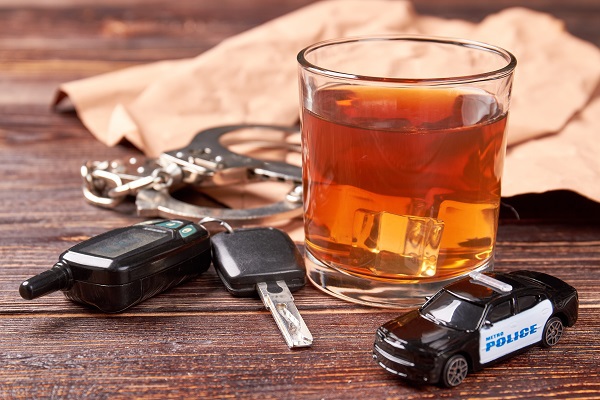When Prosecutors Withhold Exculpatory DUI Evidence
Our criminal justice system is still grappling with the reality that prosecutors and other state employees do withhold exculpatory evidence in DUI and other cases. When defense attorneys learn that evidence has been withheld, they may be able to challenge convictions. In recent news from Massachusetts, staff at a state crime lab routinely withheld exculpatory evidence from DUI defense attorneys for more than five years. The discovery by investigators of unwritten rules to never turn over documents including “evidence that breath testing devices had failed to properly calibrate during the office’s certification process” could provide grounds for appeal in thousands of...
Continue reading



